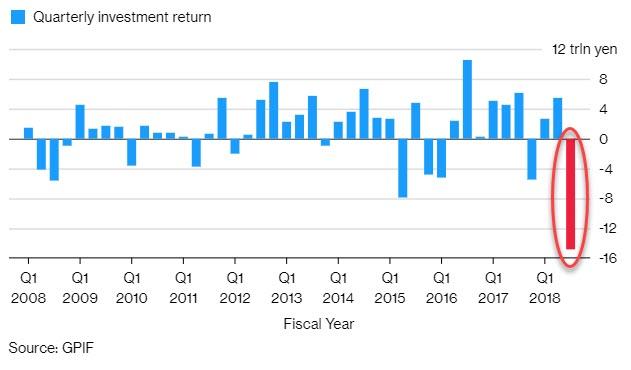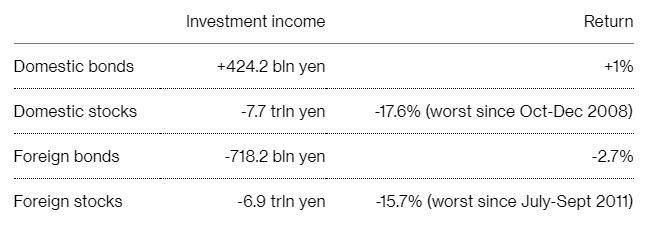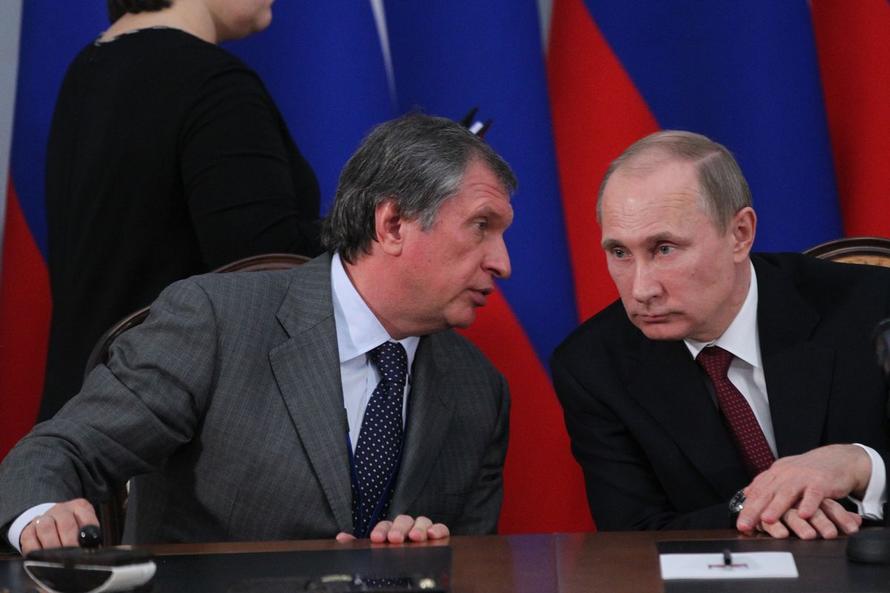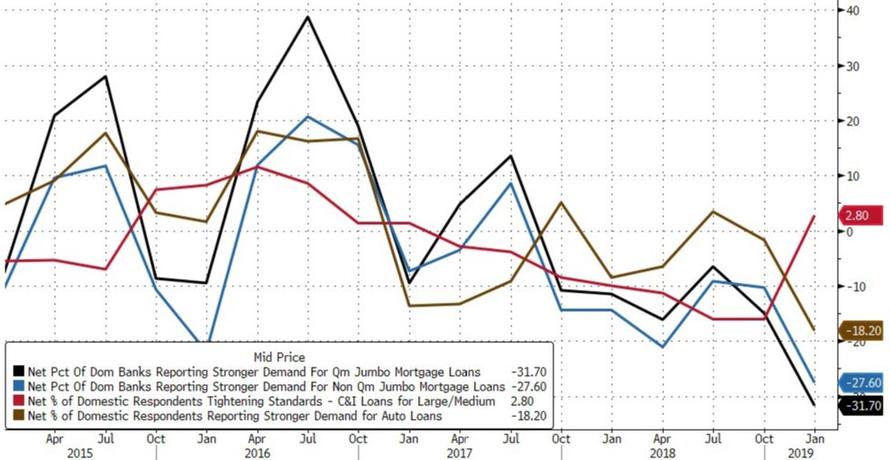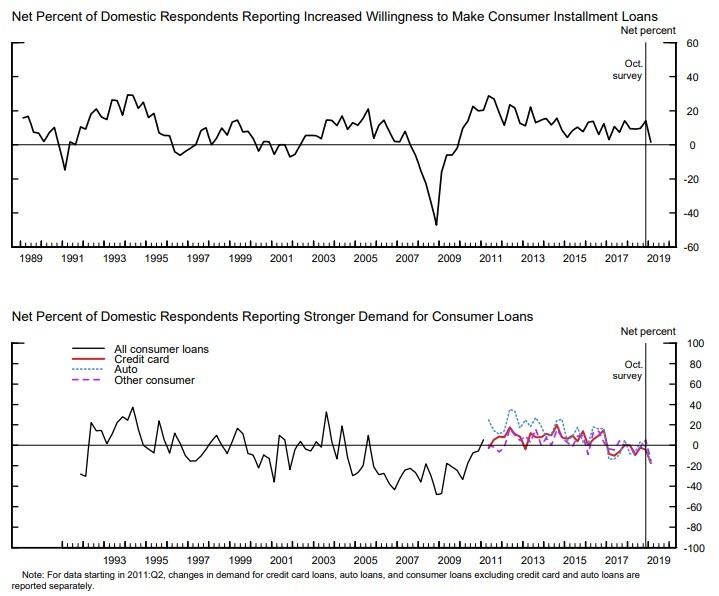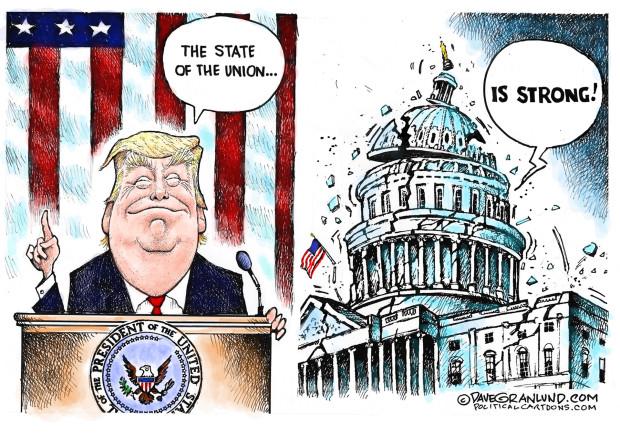The Washington Post is defending its decision to pass on a sexual assault allegation against Virginia Lt. Gov. Justin Fairfax after having “carefully investigated the claim for several months,” while failing to mention why they didn’t apply the same standards to Supreme Court Justice Brett Kavanaugh.
The woman claims that the 2004 sexual encounter with Fairfax began with consensual kissing and ended with Fairfax forcing her to give him a blowjob.
The woman described a sexual encounter that began with consensual kissing and ended with a forced act that left her crying and shaken. She said Fairfax guided her to the bed, where they continued kissing, and then at one point she realized she could not move her neck. She said Fairfax used his strength to force her to perform oral sex. –WaPo
Explaining their side of things, the Post writes: “The woman approached The Post after Fairfax won election in November 2017 and before he was inaugurated in January 2018, saying she felt like she had an obligation to speak out,” writes WaPo, adding “Fairfax and the woman told different versions of what happened in the hotel room with no one else present. The Washington Post could not find anyone who could corroborate either version. The Post did not find “significant red flags and inconsistencies within the allegations,” as the Fairfax statement incorrectly said.”
In other words, the WaPo afforded Fairfax, a Democrat, the benefit of the doubt – something they did not do with Supreme Court Justice Brett Kavanaugh when his accuser, Christine Blasey Ford levied a similarly uncorroborated accusation from over 30 years ago.
It’s neat how the Post decided that since no one else has made similar claims against him, they should ignore the story. With Kavanaugh, everyone else named said it did not happen, which didn’t stop the Post from running with it nonstop. https://t.co/Bc5BVavDDt
— Derek Hunter (@derekahunter) February 4, 2019
The allegation against Fairfax first surfaced on the website Big League Politics – the same outlet that broke the story about Fairfax’s boss – Virginia Governor Ralph Northam, allegedly pictured in blackface or a KKK outfit in his 1984 medical school yearbook.
The Washington Post: Where sexual assault allegations against Democrats die in darkness.
— Luke Rohlfing (@lukerohlfing) February 4, 2019
Big League Politics‘ Luke Rohlfing wrote on Monday that Fairfax acknowledged the allegation in response to their story, calling the woman’s claim “false,” and claiming that the woman reached out to the Washington Post “more than a year ago,” but that they decided to pass because of “significant red flags and inconsistencies within the allegation.”
The Post hit back, claiming that it “did not find” significant red flags and inconsistencies – just that the accounts were inconsistent.
During a Monday press conference, Fairfax denied the allegation, suggested that Governor Northam is behind it, and said that the timing was suspect:
Virginia’s Lt. Gov. @LGJustinFairfax vehemently denies allegations that he assaulted a woman while at the Democratic National Convention in 2004 but does concede there was a consensual encounter. Says the timing of the allegations is suspect. @nbcwashington pic.twitter.com/2aXi845OHO
— Julie Carey (@JulieCareyNBC) February 4, 2019
As The Federalist notes, the Washington Post‘s decision to pass on the Fairfax story stinks to high heaven.
“The Washington Post, in phone calls to people who knew Fairfax from college, law school and through political circles, found no similar complaints of sexual misconduct against him. Without that, or the ability to corroborate the woman’s account — in part because she had not told anyone what happened — The Washington Post did not run a story,” the newspaper reported on Monday.
This is quite the opposite of the standard the Post applied when reporting on allegations of sexual misconduct against Supreme Court Justice Brett Kavanaugh last year. The Washington Post reported Christine Blasey Ford’s accusations against Kavanaugh despite no evidence and no corroboration of Ford’s account. The Post claims the fact that Fairfax’s accuser, “had not told anyone what happened,” is a reason for not running the story — something that Ford did not do either until Kavanaugh was listed as a potential Supreme Court pick.
Unlike with Kavanaugh – the Washington Post simply passed on the Fairfax story due to a lack of corroboration – despite the fact that Fairfax admitted it happened, yet claimed it was consensual.
Kavanaugh, on the other hand, was able to corroborate his version of events with statements from multiple friends and alleged witnesses, yet Ford’s corroboration fell completely short.
— Stephen Miller (@redsteeze) February 4, 2019
via ZeroHedge News http://bit.ly/2t7Lb3A Tyler Durden



